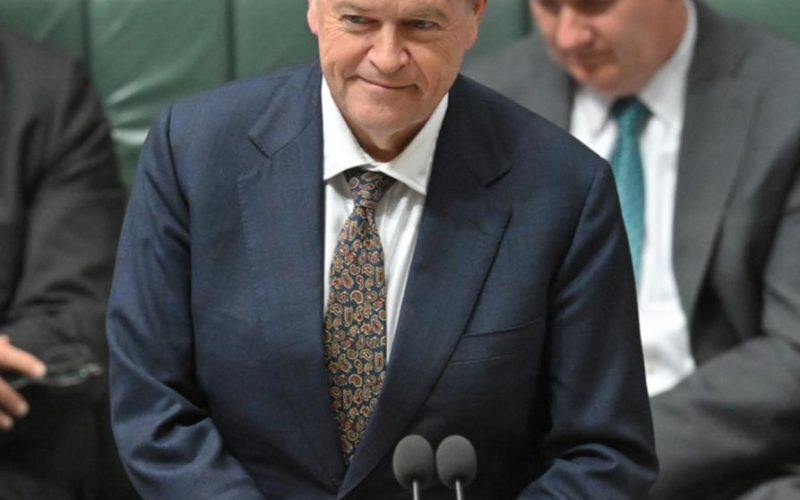Disability Intermediaries Australia (DIA) welcomes this morning’s media announcement from the NDIS Minister, and supports the plan to safeguard Participants by taking a greater role in regulating and stewarding the Support Coordination sector. Whilst generally supportive of the announcement, there is significant work still to be undertaken.
Whilst welcoming the announcement, DIA encourages the Government to exercise caution around the impact this decision will have on vulnerable Participants and implicated Support Coordinators, requiring careful planning and open stakeholder engagement. If not implemented with genuine care, the ramifications could quickly outweigh those intended benefits.
DIA is Australia’s Peak Body for the Intermediaries sector including Support Coordination, in 2020 DIA published our Professional Standards of Practice to drive quality of service within our membership and fill the gaps in existing NDIS Regulations. DIA is a support of provider registration, however also acknowledges the current registration structure is not fit for purpose, nor delivering quality service provision for NDIS Participants.
Currently, only 3,570 out of 8,641 Support Coordination providers are registered with the NDIS Commission for a range of legitimate reasons. In a sector that is already stretched to breaking point with vulnerability issues, forcing unmanageable change could bring about real market failure and untold risks to those hundreds-of-thousands of vulnerable participants currently being supported by Support Coordinators.
While the notice of mandatory registration has only just been announced to the public, the implementation concerns held by Disability Intermediaries Australia as the peak representative body for Support Coordination have been well identified. Ahead of any change to the registration framework and introduction of mandatory registration for Support Coordination, these significant issues need to be addressed and resolved, including:
- Clarity on the actual proposed cost of mandatory registration,
- Revision to the current price model for Support Coordination services as most Support Coordination providers are already unable to remain viable,
- Increased capacity of the NDIS Commission to undertake thousands of new registrations in a timely manner,
- Clarity on the new regulatory model including changes to conflicts of interest,
- How participant and market risks will be managed through transition.
Most Support Coordination providers will not be able to sustain the cost of mandatory registration without a review of current pricing limits. The average cost of certification audits and registration for Support Coordination providers is averaging around 15,000 to 18,000 for smaller to medium providers, with some of DIA’s larger members spending hundreds of thousands every 18 months.
It is now widely acknowledged that Support Coordination services are being funded at rates below the actual cost to deliver a quality service. Over the past four years there has seen a significant shift in the percentage of registered Support Coordinators dropping to around 40% in June 2024, down from well over 80%. The NDIS price controls for Support Coordination have remained frozen for half a decade despite soaring inflation, yearly increases to Award Wages (SCHADS) and Superannuation as well as other increases to business costs in a cost of living crisis.
Since the continued freeze of the Support Coordination was announced at the very end of June this year, DIA has seen an exodus of Support Coordination Services from the market with over 80 Support Coordination businesses closing their doors impacting more that 18,000 NDIS participants. Adding any further unmanageable cost to an industry buckled by the burden of the NDIA’s poor pricing management will result in only further closures and diminished quality.
The current model of registration has seen profound delays in the processing of applications, amounting to around a year’s wait for most certification registrations. DIA questions the capacity of the NDIS Commission to accommodate the scale of applications prompted by a change to mandatory registration.
The Disability Royal Commission and the NDIS Review were not the first reviews and investigation to acknowledge the need for significant changes ensure Conflict of Interest is finally dealt with as a part of the reforms. DIA has repeatedly called on the NDIA and the NDIS Commission to adequately regulate the sector and close the conflict-of-interest loopholes by implementing accreditation and independence of intermediaries from service provisions. The government has accepted the recommendation made by the Disability Royal Commission, in principle. Conflict of Interest issues must be resolved as a part of the shift to mandatory registration to ensure that conflicted providers are not brought into the new regulatory framework.
The Minister for the NDIS Bill Shorten said on the announcement: “The Commission will progress Rule changes to mandate registration for Support Coordination, Platform Providers and SIL. Consultation on these changes will commence in October. The new Rules will allow for a period of transition to the new mandatory registration arrangements.”
DIA looks forward to working with the Minister for the NDIS, NDIS Commission, the NDIA and the DSS to address these challenges to ensure an appropriate transition to a new regulatory structure and mandatory structure.

